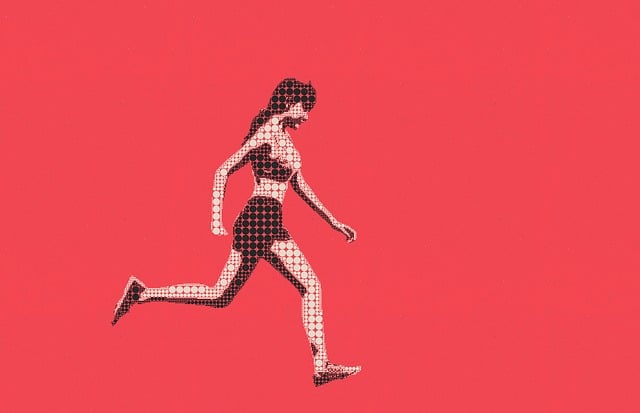Chronic pain conditions lead to significant quality of life impairments, often not alleviated by traditional treatments. Kratom, a natural extract from Mitragyna speciosa, offers pain relief but is linked to potential side effects like hair loss, though the relationship remains debated. While studies show some users experience alopecia after prolonged heavy use, individual responses vary greatly. There's no established "safe" dosage for kratom that prevents hair loss, and mitigating these side effects requires a balanced approach to consumption.
Chronic pain, affecting millions globally, demands effective management strategies. This article explores an alternative approach with kratom, a herb gaining traction in pain relief. We delve into the understanding of chronic pain and its impact on daily life. Kratom emerges as a potential management option, but it’s crucial to explore its mechanics and effects fully. The focus shifts to dosage intricacies and side effects, specifically addressing the concern of hair loss caused by excessive kratom use, providing insights for informed decisions.
- Understanding Chronic Pain and Its Impact
- Kratom as a Potential Management Option
- The Role of Dosage and Side Effects: Unraveling the Truth About Hair Loss
Understanding Chronic Pain and Its Impact

Chronic pain is a complex and persistent condition that can significantly impact an individual’s quality of life. It is defined as pain that lasts for months or even years, often stemming from various sources such as arthritis, fibromyalgia, nerve damage, or past injuries. Unlike acute pain, which serves as a warning signal, chronic pain continues long after the initial injury has healed and doesn’t subside with typical treatment methods. This constant discomfort can lead to physical limitations, sleep disturbances, emotional distress, and reduced overall well-being.
The impact of chronic pain is far-reaching, affecting not only the body but also the mind. It may cause sensitivity, fatigue, irritability, and even depression. While traditional treatments like medications, therapy, or lifestyle changes can help manage symptoms, they might not provide complete relief for everyone. Some individuals turn to alternative solutions like kratom due to its potential pain-relieving properties, although it’s essential to note that more research is needed to fully understand its effects. However, there are concerns regarding side effects, including hair loss, associated with excessive or improper use of kratom, as how much kratom causes hair loss remains a topic of interest in the medical community.
Kratom as a Potential Management Option

Kratom, derived from the tropical plant Mitragyna speciosa, has gained attention as a potential natural solution for managing chronic pain. Its active compounds, mitragynine and 7-hydroxymitragynine, interact with opioid receptors in the brain and body, offering analgesic effects without the addictive properties often associated with traditional opioids. This alternative approach to pain management is particularly appealing to those seeking a more holistic or less prescription-reliant solution.
While studies have shown kratom’s effectiveness in alleviating pain, it’s crucial to consider its potential side effects. One notable concern, though rarely discussed, is the possibility of hair loss. Some users report experiencing alopecia after prolonged and heavy use, with the exact mechanisms still under investigation. However, it’s important to note that these cases are not universally experienced, and the extent of kratom’s impact on hair health remains an area for further research, especially in comparison to other pain management options and their side effects, such as how much kratom can cause hair loss versus the potential consequences of long-term use of prescription medications.
The Role of Dosage and Side Effects: Unraveling the Truth About Hair Loss

Kratom, a herb gaining traction in chronic pain management, is known for its multifaceted effects. However, one concern frequently discussed among users is hair loss, often wondering: how much kratom causes this side effect? The reality is complex; while high doses or prolonged use may increase the risk of hair thinning or shedding, it’s not a universal experience. Every individual responds differently to kratom due to varying metabolisms and sensitivities.
Contrary to some claims, there’s no definitive “safe” dosage that guarantees against hair loss. Studies on kratom’s effects often focus on its pain-relieving properties rather than hair health. It’s crucial to remember that while kratom can aid in managing chronic pain, it’s not a one-size-fits-all solution. Monitoring personal reactions and adjusting consumption accordingly, along with a balanced diet, can help mitigate potential side effects like hair loss.
Chronic pain management with kratom offers a promising alternative for those seeking relief. While it shows potential, understanding dosage and side effects like hair loss is crucial. Further research and professional guidance are essential to navigate this natural option effectively. In terms of how much kratom cause hair loss, studies suggest moderate use generally doesn’t lead to significant hair loss, but individual reactions vary. Ultimately, chronic pain patients should consider kratom as part of a comprehensive approach, balancing potential benefits against side effects under expert supervision.














